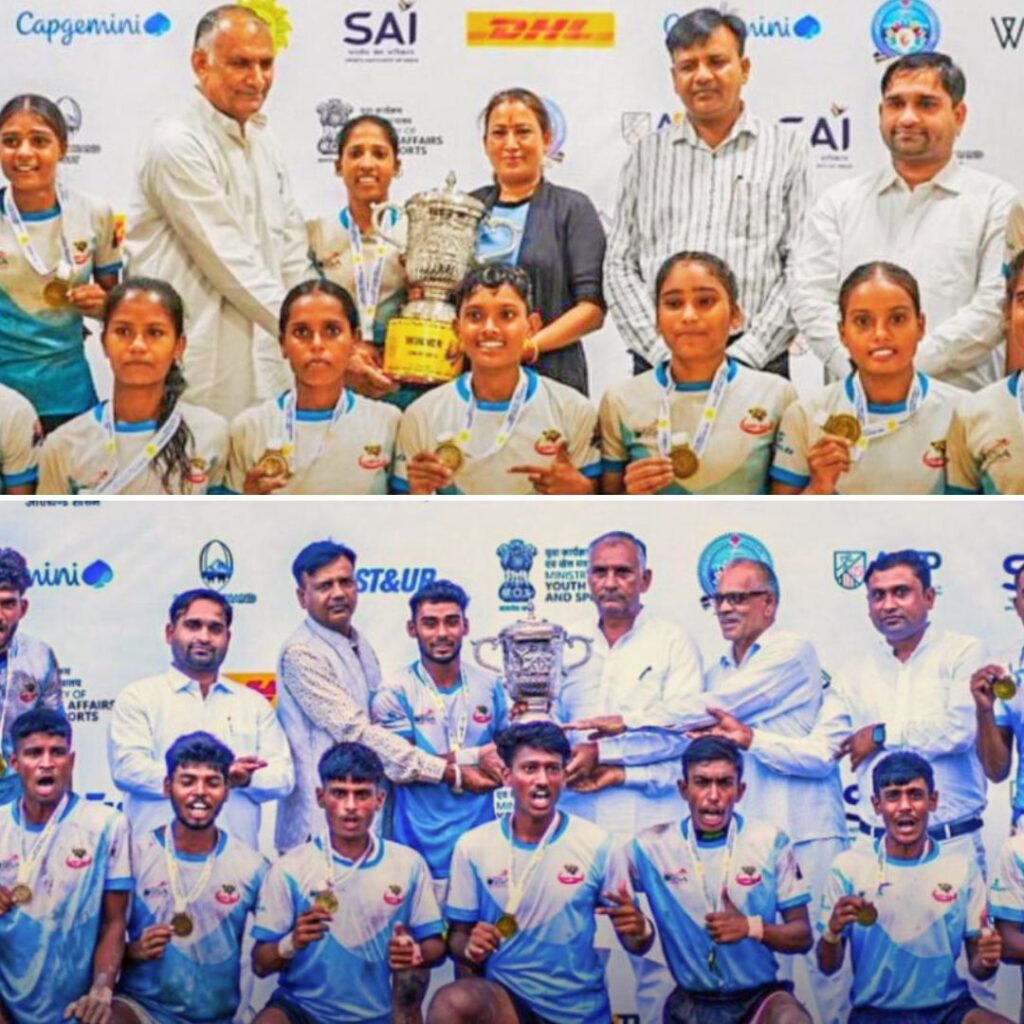India being the second-most-populous country in the world is staring at a major garbage crisis. Piles of garbage is a usual sight and stench for the public. On September 1, 80 ft of garbage collapsed in a Delhi landfill, killing two and injuring many. In this situation, where the country is facing such an issue, Kerala’s Alappuzha city has been listed in the top five cities by United Nations Environment Assembly’s for smart waste management.
The United Nations Environment Assembly’s theme this year was pollution and they came out with a list of five cities around the world who have tackled air pollution and water pollution correctly over the years and Kerala’s Alappuzha features in the list. The list can be accessed here.
The ‘Solid Approach To Waste: How 5 Cities Are Beating Pollution’ is a report released by the United Nations Environment Assembly where they state that the five cities chosen have tackled the garbage crisis in the best possible manner. Along with Alappuzha, the other cities that featured on the list are Osaka (Japan), Ljubljana (Slovenia), Penang (Malaysia) and Cajica (Colombia).
What the report says
According to the report, United Nation Environment Programme (UNEP) says that the goal was to find which cities have a sustainable waste disposal system with scientific mechanisms at place.
The report also says Prime Minister Narendra Modi chose World Environment Day 2017 to launch a drive to address the mountains of trash piling up in streets and landfills across India. To implement it, cities across the world’s second-most-populous nation could do worse than follow the example of progressive municipalities like Alappuzha.
Thomas Joseph, Municipal Commissioner of Alappuzha Municipality says that they achieved the feat because of a successful waste source segregation system. In an NDTV report, he says, “It doesn’t matter how big or small a municipal body and the region is, if source segregation is implemented properly then the problem can be solved quickly. And source segregation is only possible when the citizens are fully aware of its consequences.”
How did they achieve that?
In 2012, the city’s waste was being dumped near a village called Sarvodayapuram. Following the stench and the pollution, the villagers came out in protest against the landfill.
With no option available, the civic corporation with a population of 1.74 lakh was forced to discard its waste within the city limits. That soon turned out to be a nightmare as tourist spots were overflowing with garbage. That is when the Corporation came up with “My Garbage, My Responsibility”.
Composting at all households were encouraged. Things like paper, plastic, cardboard, glass were immediately collected by rag pickers and sent for recycling. Aerobic composting was set up with 165 bins throughout the city.
Realising that tackling wet waste, 80 percent of the waste problem is solved, the citizens now have made source segregation a part of their daily routine. Five years later, today, the city has no landfill and most of the garbage is treated by the residents themselves.
Alapuzzha also achieved the ‘Clean City Award’ from India’s Centre for Science and Environment in 2016.











